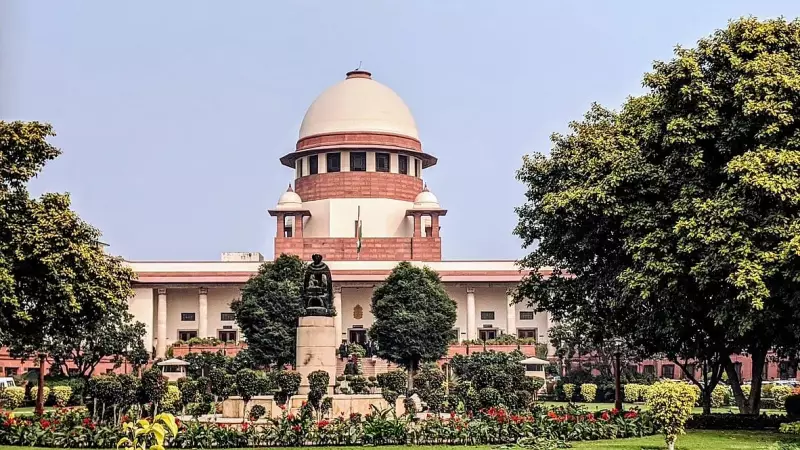
In a groundbreaking decision that strengthens the judicial framework, the Supreme Court of India has delivered a crucial verdict regarding the powers of special courts under the Narcotic Drugs and Psychotropic Substances (NDPS) Act.
Judicial Authority Upheld
The apex court firmly established that special courts cannot be deprived of their fundamental power to order the release of vehicles seized in connection with NDPS cases. This ruling comes as a significant clarification in the legal landscape surrounding narcotics enforcement.
Addressing Legal Ambiguities
The judgment effectively resolves long-standing uncertainties about whether special courts possess the jurisdiction to release confiscated vehicles during ongoing investigations and trials. The court emphasized that such authority is inherent to the judicial process and cannot be arbitrarily removed.
Impact on NDPS Proceedings
This decision is expected to have far-reaching consequences for how NDPS cases are handled across the country. Legal experts suggest that the ruling will:
- Streamline the process for vehicle owners seeking release of their property
- Provide clearer guidelines for special courts handling narcotics cases
- Ensure balanced enforcement of NDPS provisions
- Protect the rights of individuals while maintaining drug enforcement integrity
Broader Legal Implications
The Supreme Court's position reinforces the principle that specialized courts must retain essential judicial functions, even when dealing with stringent legislation like the NDPS Act. This verdict serves as a reminder that procedural powers cannot be diluted without compromising the justice delivery system.
Legal practitioners have welcomed the decision, noting that it brings much-needed clarity to a previously gray area of narcotics law enforcement and judicial authority in India.





